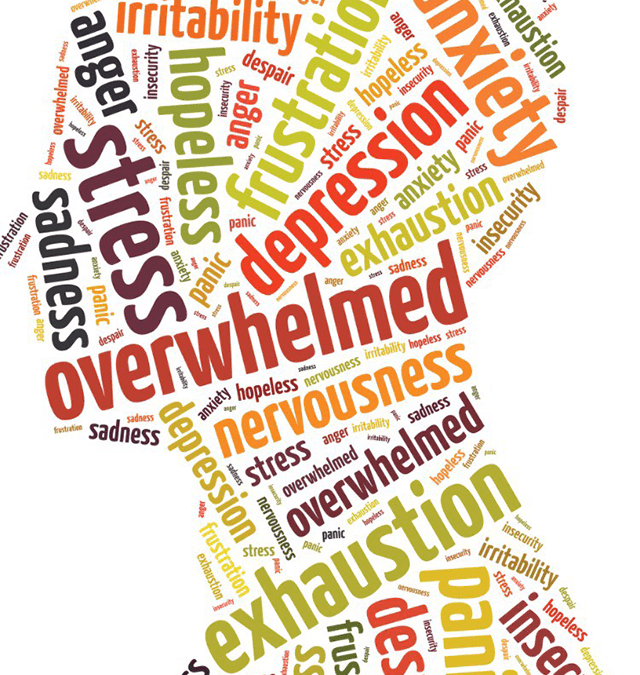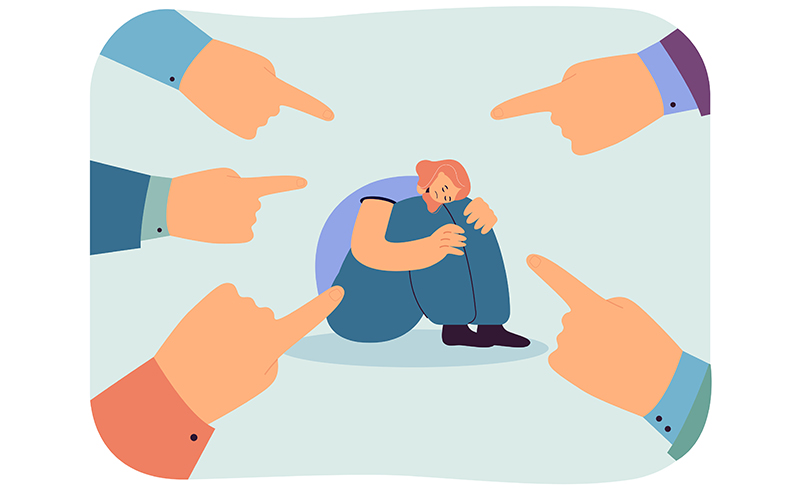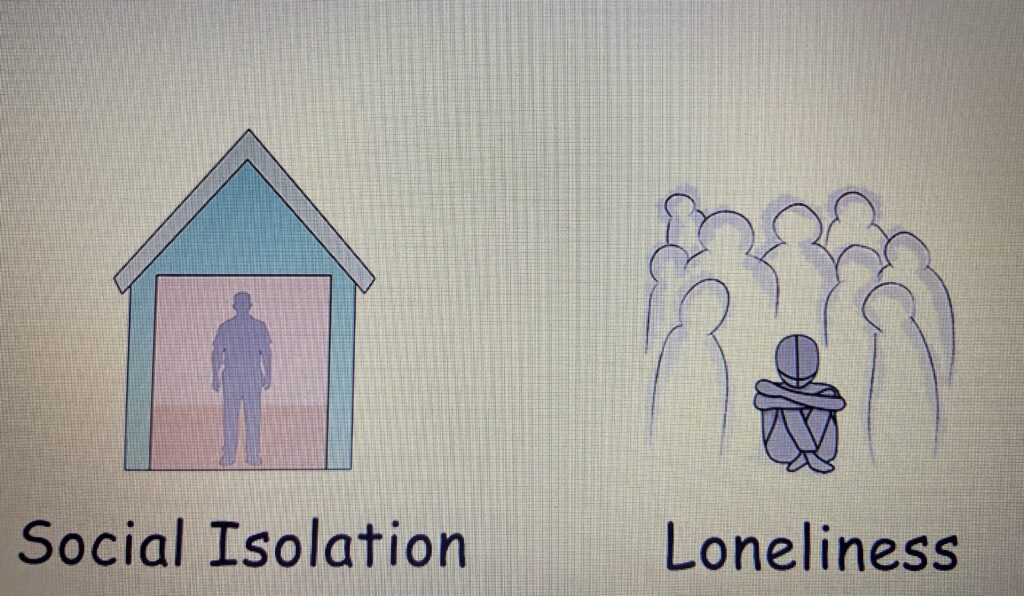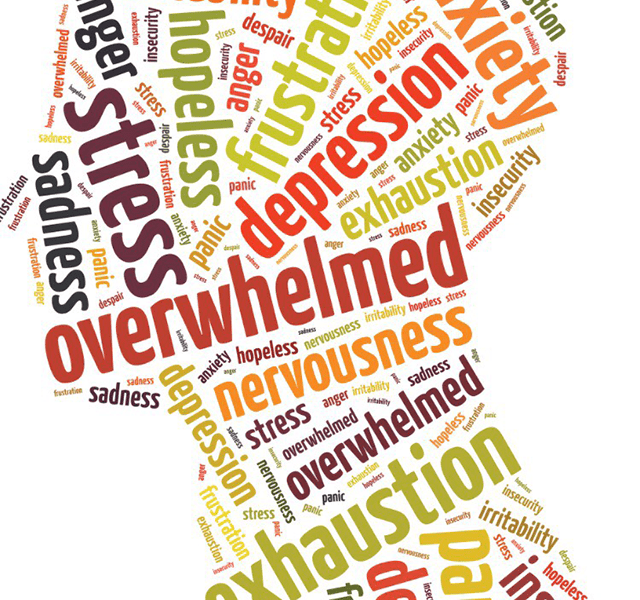The Silent Struggle: Understanding Mental Health Issues in Young People

The younger generation suffers difficulties in today’s fast and connected environment, which can have a serious effect on their mental health.
Youth with mental health illnesses frequently challenge parents and siblings due to their conduct, and they are occasionally singled out and blamed for the stress and disruption in their families. Because parents and caregivers are unable to support their children or themselves, family connections sometimes become strained.
Conflict in marriage may result from the strained parent-child relationship. It’s possible that the difficulties the family is experiencing will have an impact on both their social network and relationships with their family members, cutting them off from possible sources of assistance. Social isolation may happen from this pattern of challenging familial interactions.
Youth mental health issues frequently coexist with other health and behavioral hazards, such as a higher chance of using drugs, experiencing violence, and engaging in sexual behaviors that raise the risk of contracting HIV, STDs, and unwanted pregnancy.
This blog highlights the significance of prioritizing mental health in order to promote young people’s entire development and puts light on some serious difficulties they confront.
Academic Pressure and Performance

It is common for younger people to feel tremendous academic pressure to do well in school. Stress, anxiety, and even burnout can result from the competition-driven educational systems, high parental expectations, and fear of failure. It is critical to address the tension between academic success and mental health.
Social Media and Digital Influences

For young people, the rise of social media and digital platforms has created a new landscape, but it also has its own issues. Feelings of inadequacy, social comparison, and an erroneous belief of self-worth can result from ongoing exposure to edited and idealized depictions of other people’s lives. It’s important to encourage thoughtfulness regarding internet content and encourage good digital habits.
Bullying and Cyberbullying

Bullying, both offline and online, continues to be a major issue for the younger generation. Bullying can have negative and enduring impacts on a person’s mental health, including sadness, anxiety, and even suicidal ideation. In order to tackle this problem, it is important to establish safe surroundings, put anti-bullying policies into place, and teach young people empathy and kindness.
Substance Abuse and Addiction

Addiction to drugs and alcohol puts young people’s mental health at serious risk. Inquisitiveness, peer pressure, and efforts to manage stress or emotional challenges can all lead to experimentation and eventual addiction. It is imperative to promote awareness of the negative effects of substance addiction and to offer easily accessible preventive and intervention services.
Mental Health Stigma and Help-Seeking

Many young people still encounter obstacles when seeking treatment despite advances in eliminating stigma around mental health. They might put off getting help in a timely manner out of fear of being judged, ignorance, and misconceptions regarding mental health. To remove these obstacles, it is crucial to encourage open discussions about mental health, to educate people about mental wellness, and to normalize behaviour that involve asking for help.
Social Isolation and Loneliness

Young individuals can still feel social isolation and loneliness while being connected through technology. A sense of loneliness and its negative impact on mental health can be attributed to a lack of meaningful connections, exclusionary feelings, and the need to fit in. To counteract social isolation, it is essential to promote supportive connections, inclusive societies, and healthy social interactions.
Transitions and Uncertainty

Younger people frequently go through major life transitions, such changing schools, attending college, or starting a job. Uncertainty, stress, and difficulty in adjusting to new situations can all be involved during these changes. Giving them assistance, direction, and resources to get through these transitions can have a positive effect on their mental health.
In today’s complex society, the younger generation has a wide range of mental health difficulties to deal with. To ensure their welfare and future success, it is of the utmost importance to identify and deal with these problems. We may encourage young people to prioritize their mental health and meet life’s problems head-on by fostering open communication, eradicating stigma, creating safe surroundings, and providing readily available mental health resources. For the demands of the younger generation’s mental health, we can all work together to build a nurturing and encouraging society.
Swikriti Dandotia




